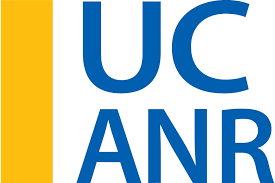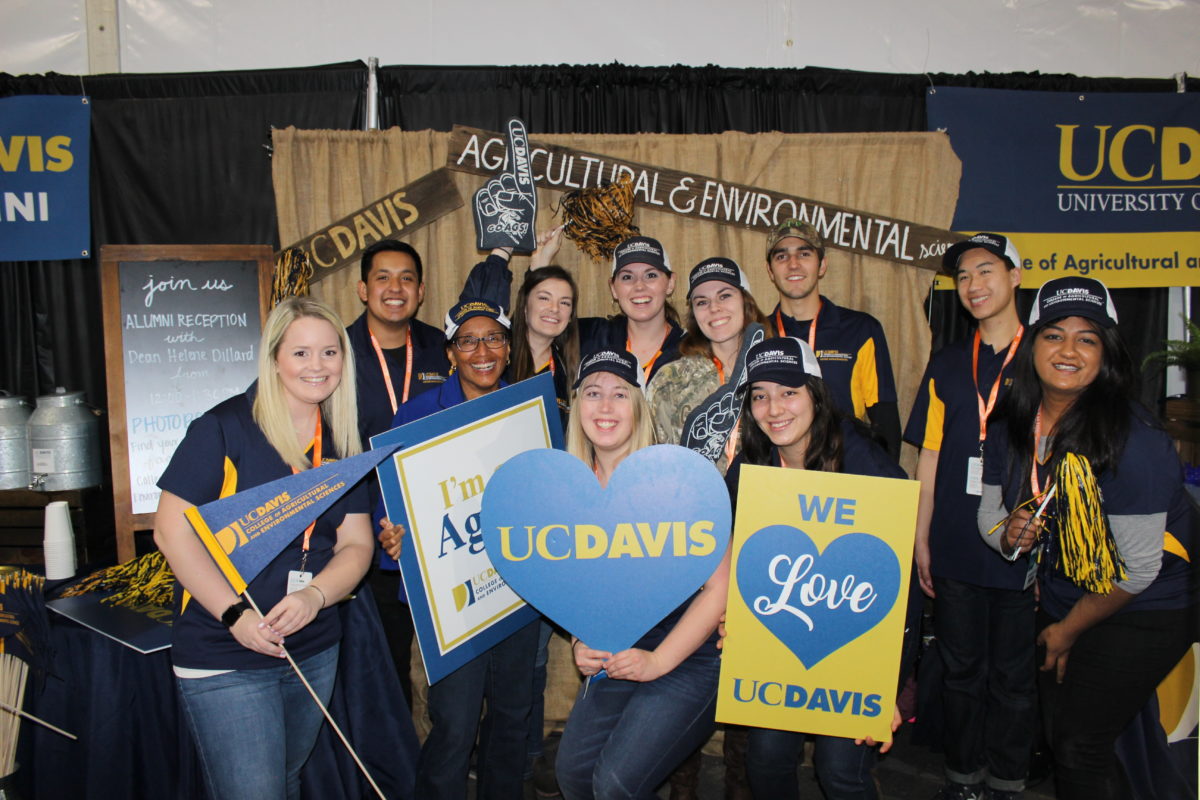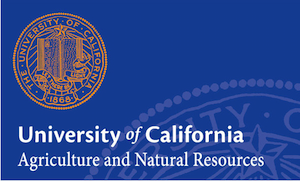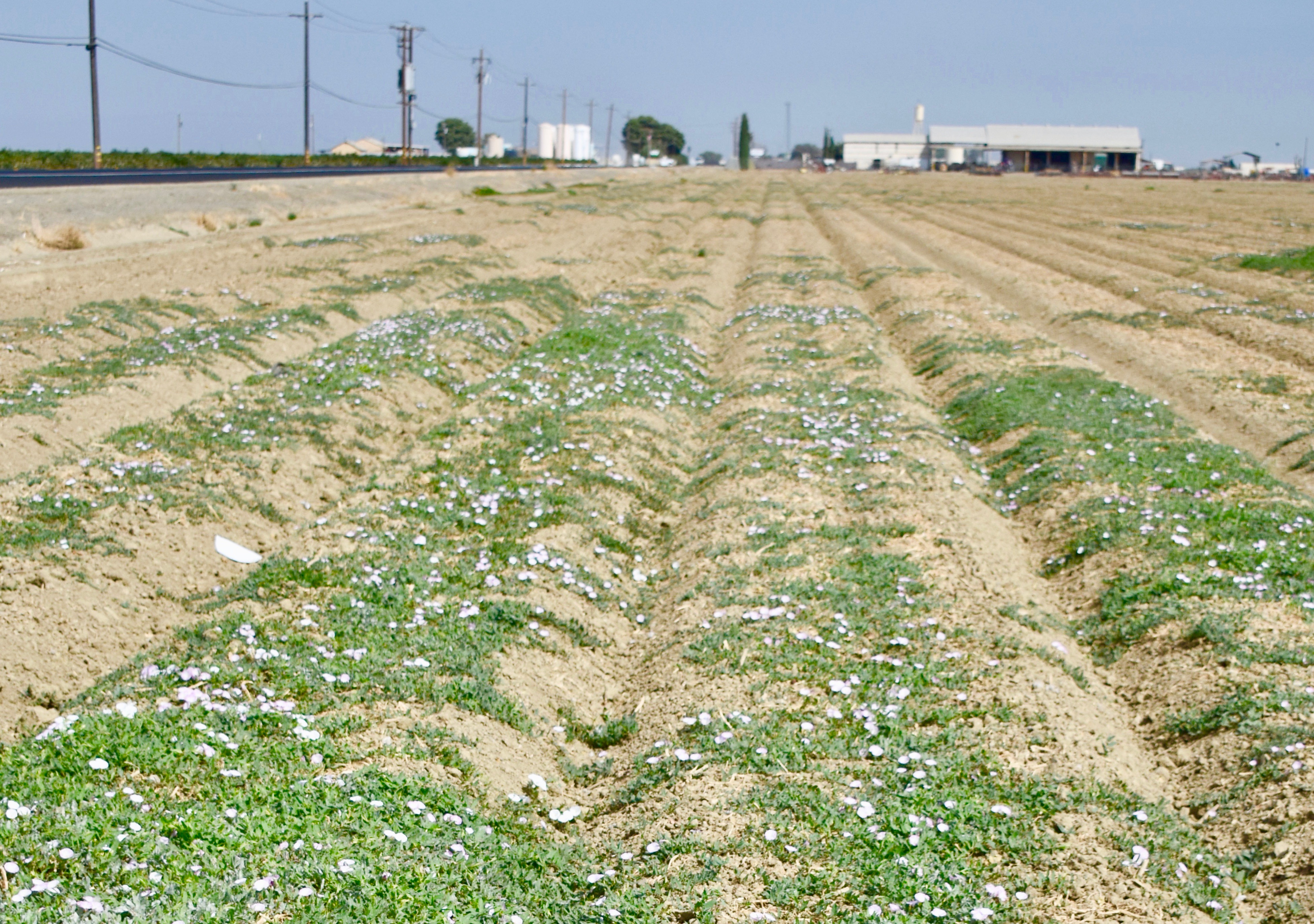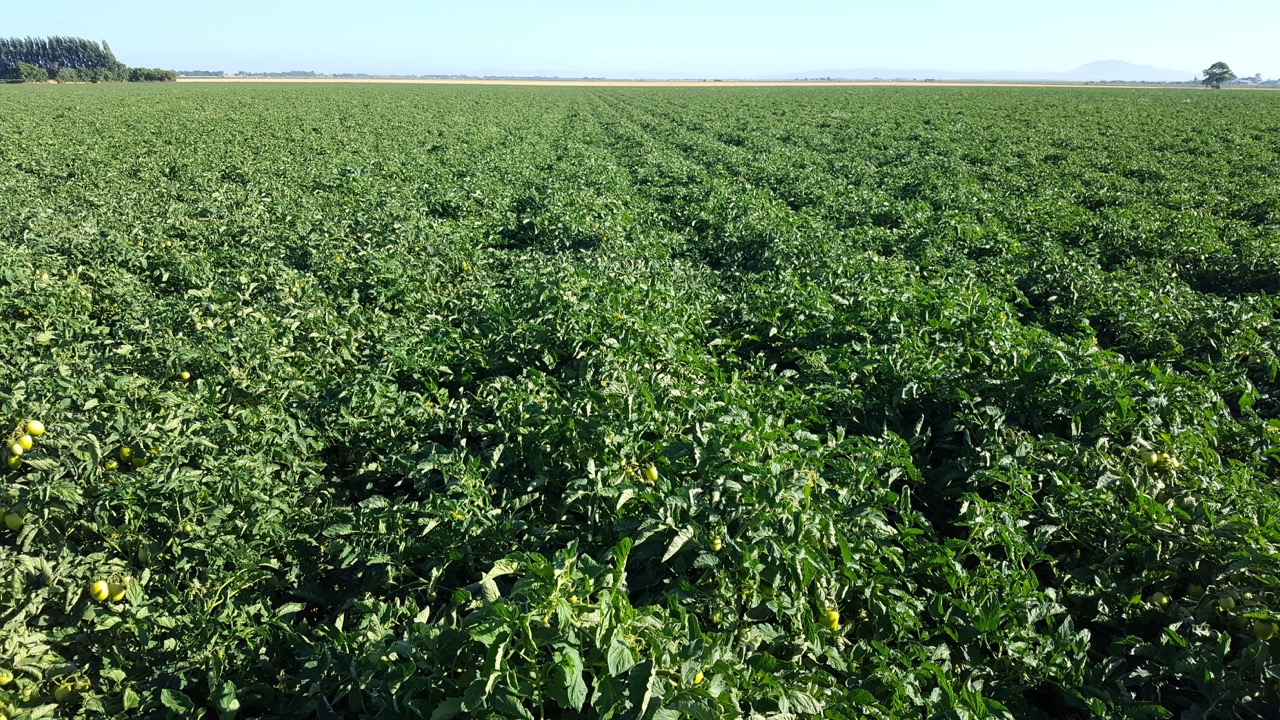Advances in Pistachio Water Management Workshop July 7
Join UC Nut Crops Advisor Catherine Mae Culumber, Irrigation Specialists Daniele Zaccaria and Khaled Bali, Irrigation Advisor Blake Sanden, Professional Researcher Elia Scudiero, and other University of California experts in this in-person Water Management Workshop on July 7, 2022 at the International Agri-Center in Tulare, CA to learn about the latest research and advances in Pistachio Water Management and Irrigation. CEU credits for Soil & Water Management have been approved for this workshop.
This workshop will be held at the International Agri-Center in Tulare, CA on July 7, 2022.
Registration includes participation fee, coffee breaks, lunch, and access to workshop presentations.
Topics Include: Pistachio soil-plant-water relations, stress physiology, evapotranspiration and crop coefficients, soil-water budgeting, soil characterization and salinity mapping, tree water status, irrigation scheduling, and strategies for Pistachio irrigation management under limited and impaired water supplies. A set of irrigation-related methods, technologies, and products to help growers schedule and manage irrigation will also be presented during the Workshop.
Who Should Attend: Pistachio growers and farm managers, representatives from the pistachio production industry, irrigation consultants and practitioners, CCAs, CPAs, water resource managers, water conservation districts’ personnel, irrigation districts’ managers, extension specialists and advisors, professional researchers, university students, and representatives from state agencies.
To register, click here.

